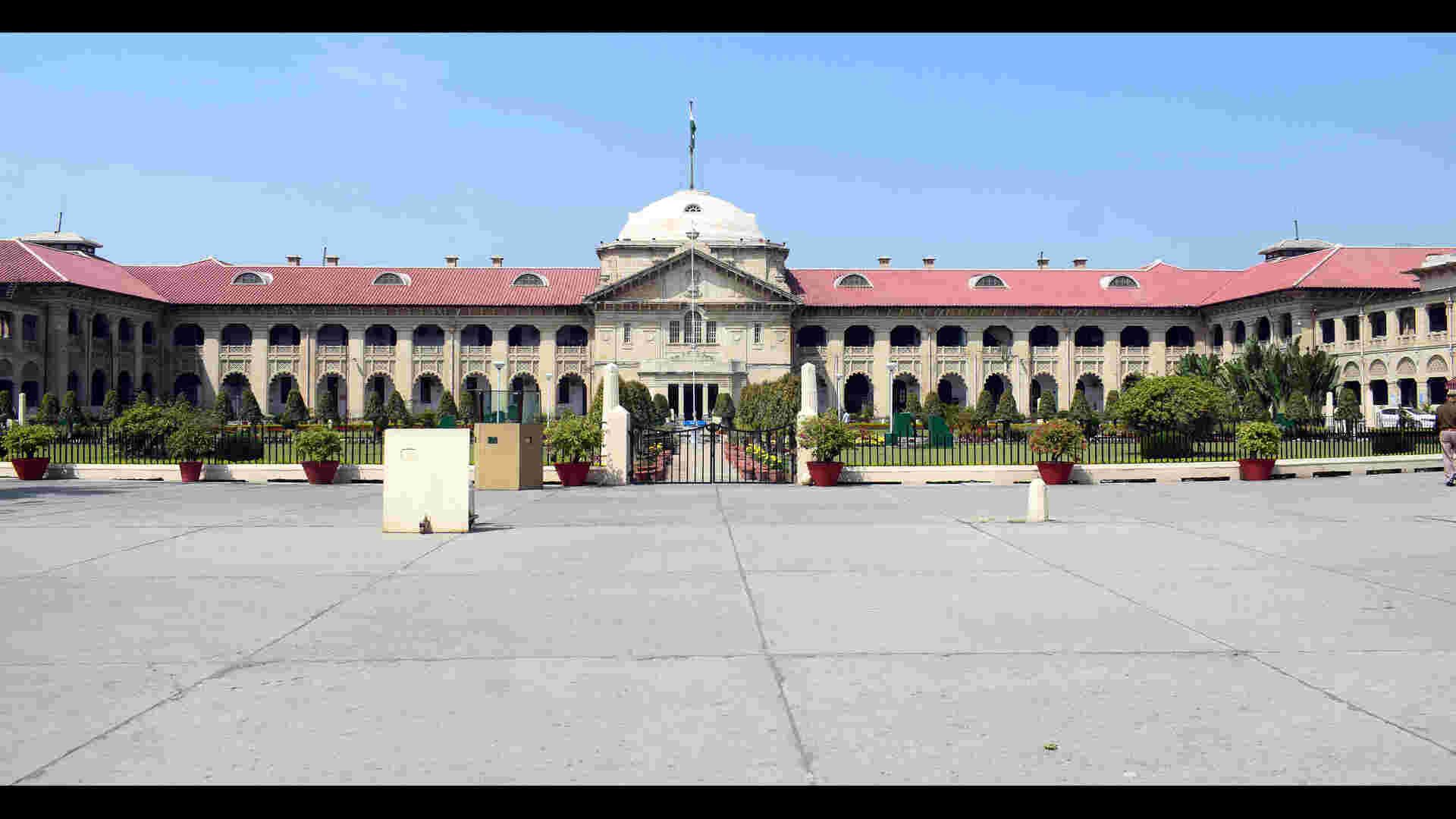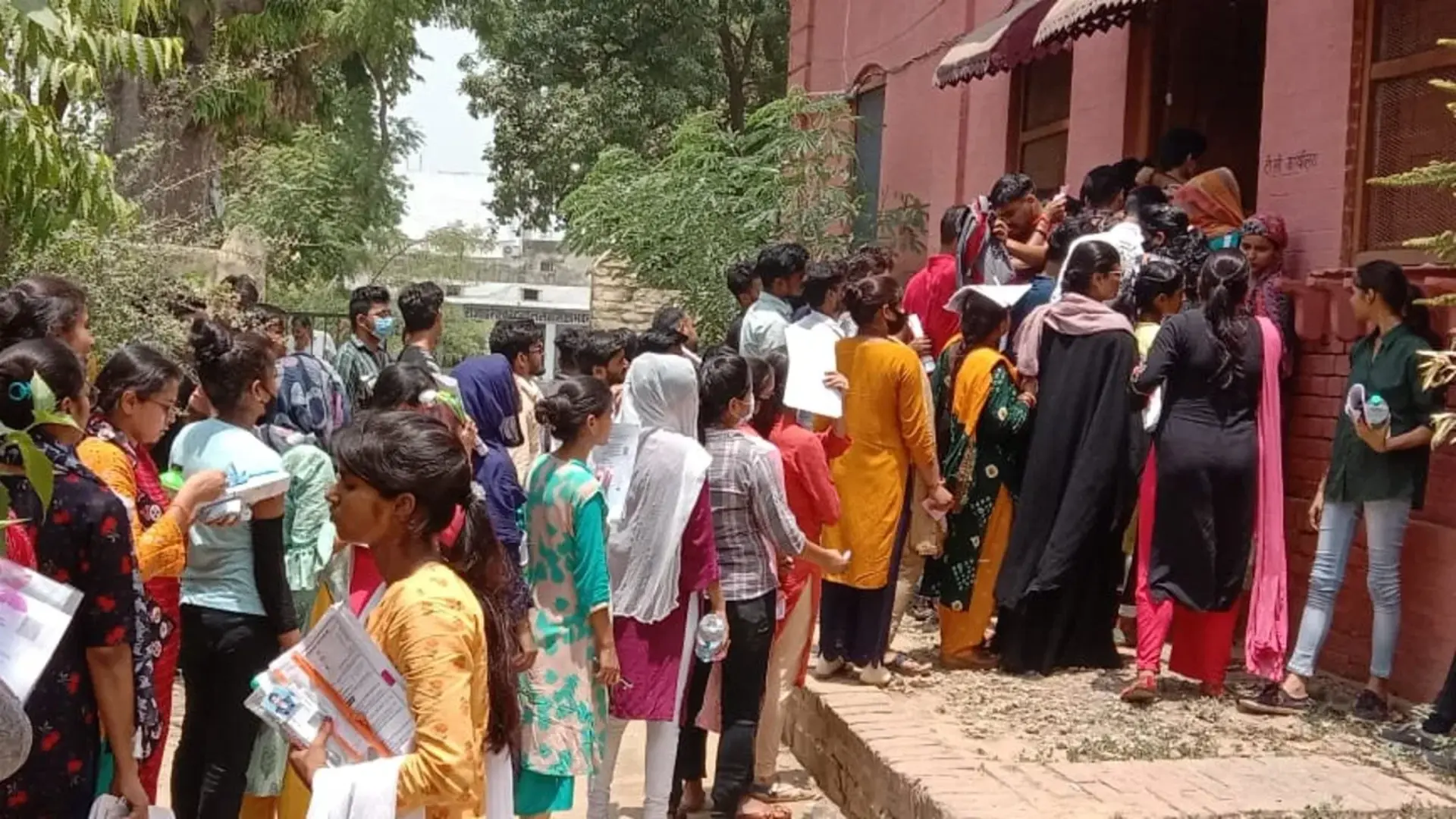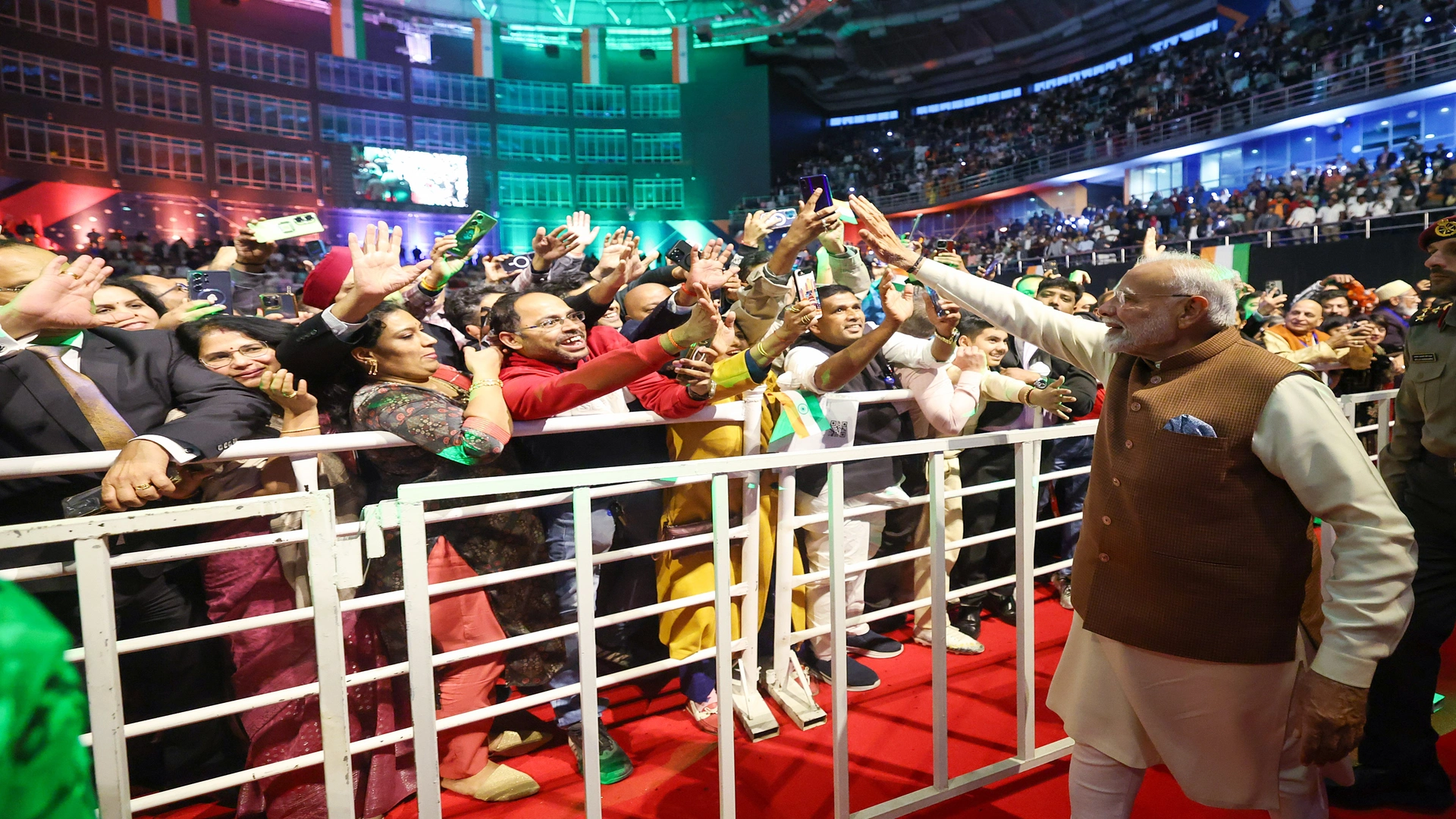The Allahabad High Court ruled on Wednesday that foreign nationals engaged in business in India must be held accountable under Indian laws and must submit to the jurisdiction of Indian courts if facing criminal charges. This decision was made in the case of [Ryen @ Ren Chao vs State of UP].
The court emphasized that failing to enforce these requirements would allow foreigners to act with impunity, disregarding Indian laws. Justice Ajay Bhanot stated, “The perception of foreign nationals having immunity from Indian courts will encourage them to act with impunity against Indian laws. Such a state of affairs will undermine the Indian Constitution and laws, and have grave consequences for national sovereignty.”
This ruling was made while reviewing the bail plea of a Chinese national, Ryen @ Ren Chao, who is involved in a case related to the unlawful export of chips to a neighboring country by HTZN, a company allegedly lacking legal documentation in India. Chao is also accused of staying in India beyond the expiry of his visa.
According to the prosecution, HTZN was a front for illegal activities, including operating fraudulent gaming apps and laundering money to foreign countries through bitcoins. The court noted that there is no credible legal framework or efficient system to ensure the presence of foreign nationals who may flee India while facing criminal trials.
The court pointed out that the Central government’s affidavit mentioned that the Ministry of Home Affairs had entered into treaties on Mutual Legal Assistance in criminal cases with many foreign countries. However, the case at hand is not covered by these treaties. India does not have a Mutual Legal Assistance Treaty with the People’s Republic of China. The affidavit also stated that for bringing back fugitives or foreign accused who flee after committing crimes in India, the process of extradition is used. However, India and the People’s Republic of China do not have an extradition treaty or arrangement.
The court also noted that the Central government has acknowledged that extradition is a lengthy process and can become complicated, especially if it involves the surrender of a national from their own country.
In this case, the court observed that the accused appeared to be part of a well-organized international crime network involving Chinese nationals and local accomplices in India. “International criminal networks managed by Chinese nationals with Indian accomplices significantly impact national security. Such syndicates create fifth columnists in host countries. The situation is aggravated by the fact that many beneficiaries of the crime proceeds are foreigners living abroad who are not subject to Indian law and whose identities are effectively concealed,” the court stated.
Earlier this year, the court had asked the Union government to consider initiating a process to create an international treaty to address issues related to the prosecution of foreign nationals. Justice Bhanot reiterated the need for an international legal framework to handle these cases in a fair, transparent, and just manner.
“For now, this issue is beyond the scope of this Court. However, it is a problem that the Government of India and other nations must address,” he said.
The court had previously highlighted issues faced by foreign accused, including difficulties in providing surety for bail and the lack of interpreters to understand legal proceedings.
Today, the court reaffirmed that foreign nationals facing trials in India are entitled to certain rights under Article 21 of the Indian Constitution, including:
A. The right to a translator to interpret court proceedings in their native language.
B. The right to legal aid if they require it.
C. The right to communicate with their families as arranged by jail authorities.
D. The right to consular or embassy access.
E. The right to a speedy trial.
Advocates Abhas Sharma, Pradeep Kumar Mishra, and Rajesh Kumar Sharma represented the accused.







